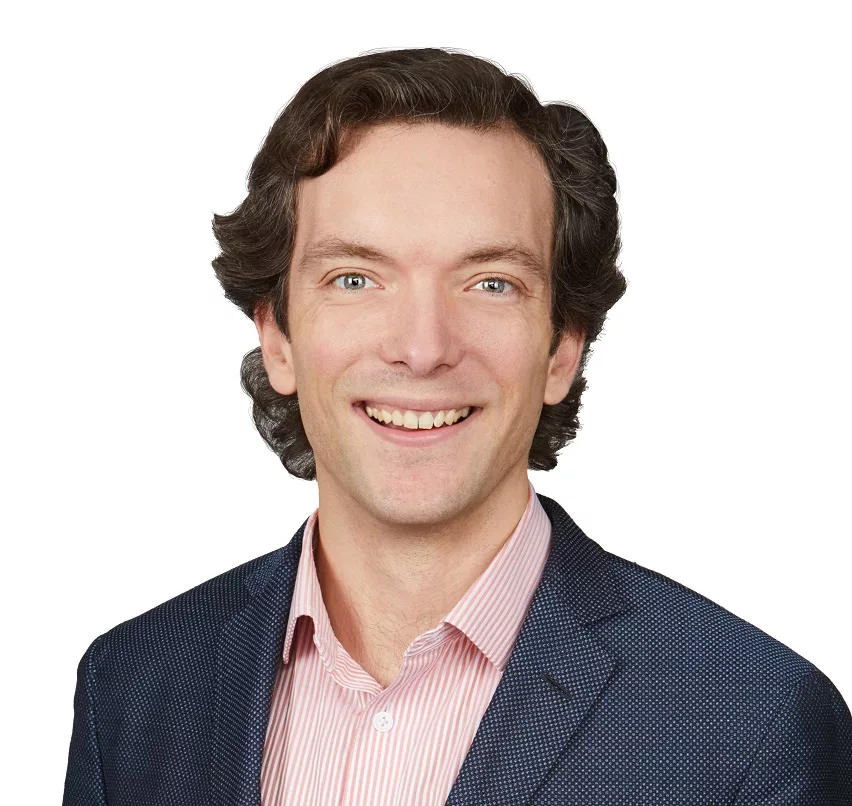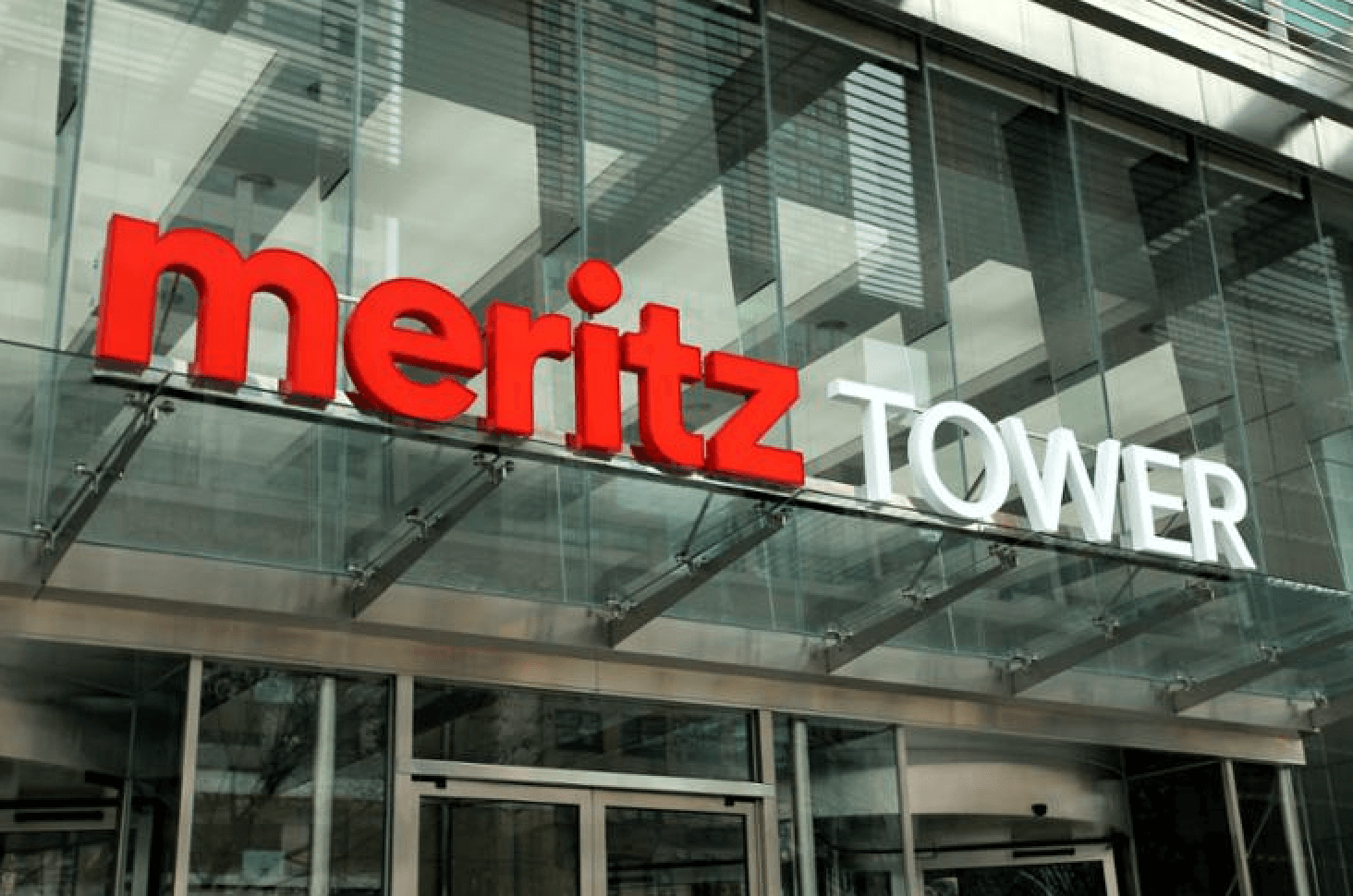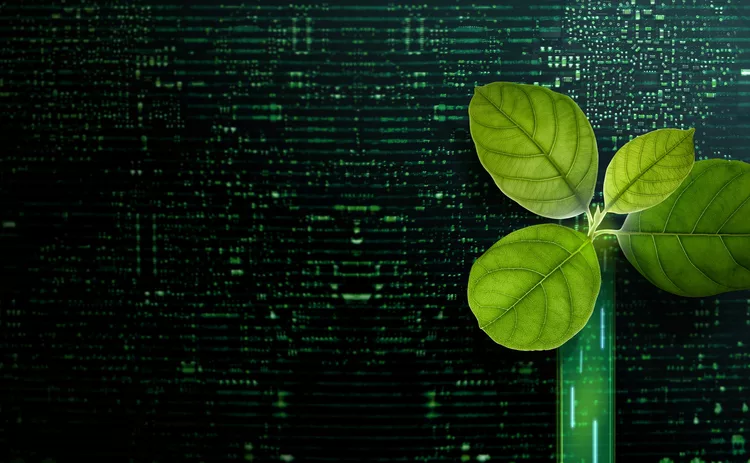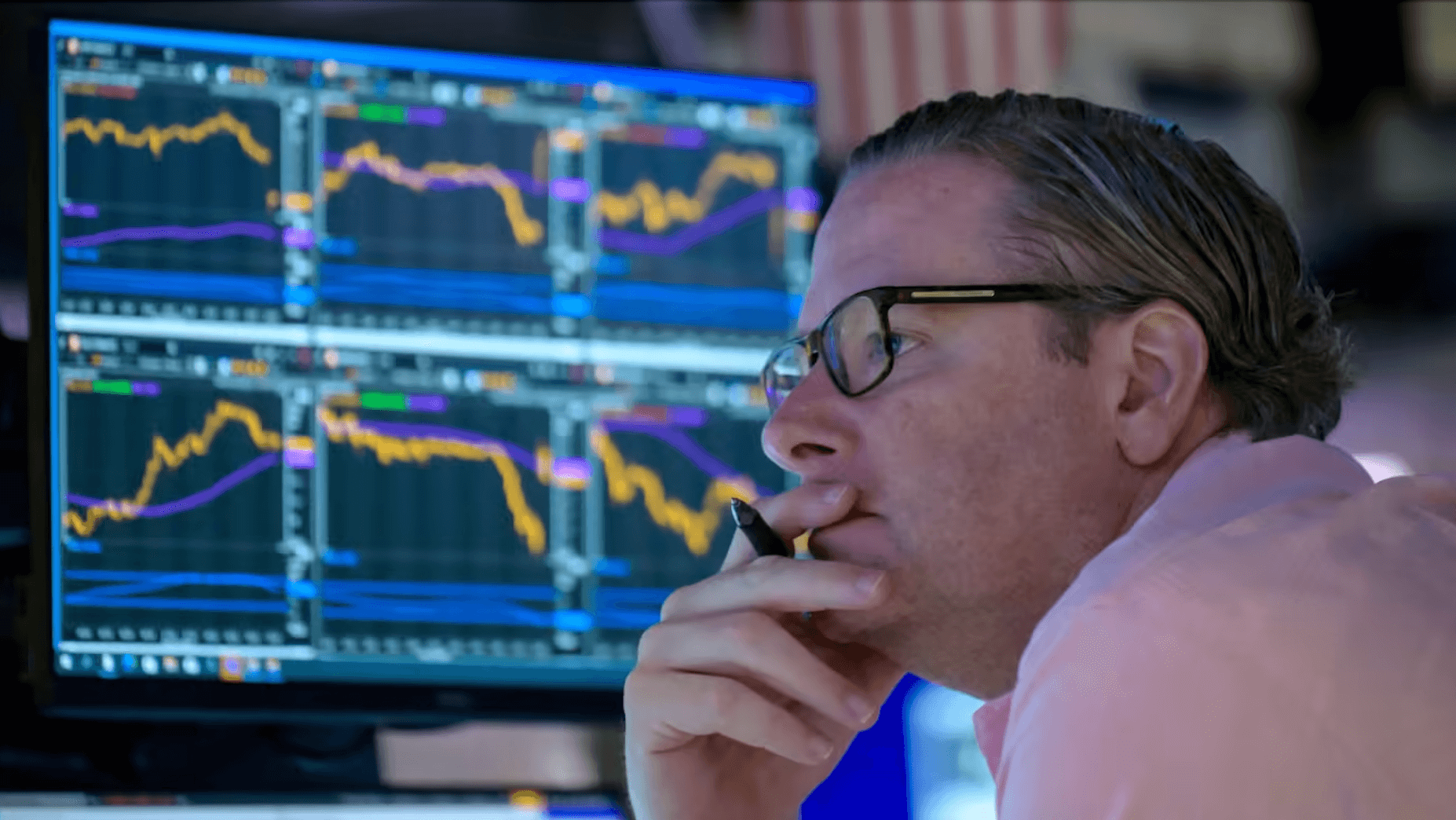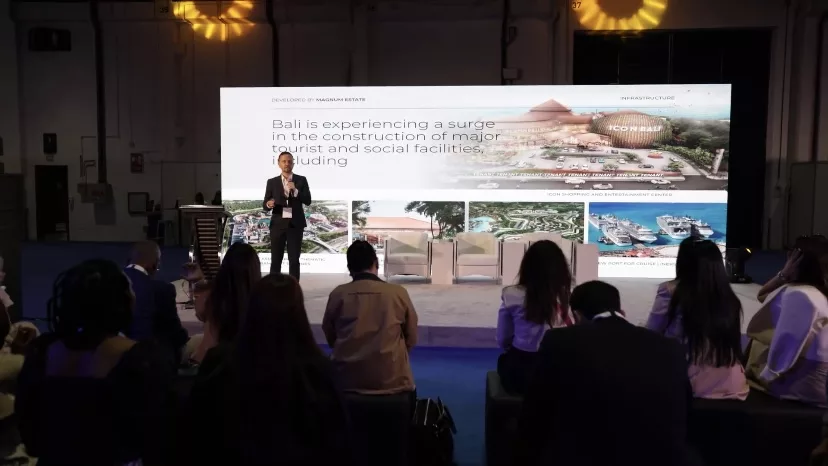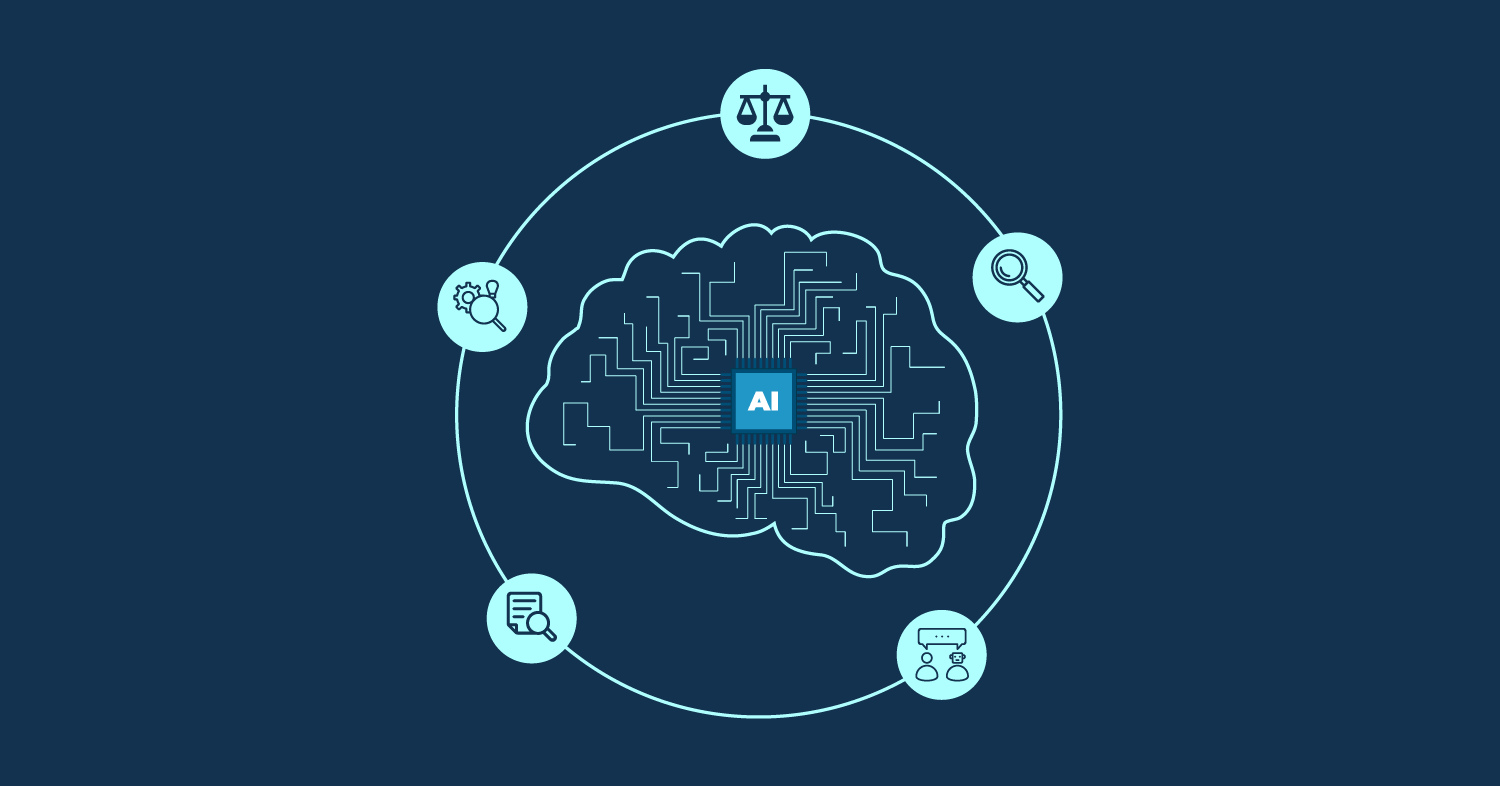Ocean Harvest is a regional innovator in sustainable aquaculture driving the full value chain of Atlantic Salmon from egg to market. We integrate advanced land-based RAS technologies together with waste-water treatment systems to provide, predictable and stable year-round production of affordable, local and premium quality seafood.
In this interview we talk to Robert Kupstas who is the founder of Ocean Harvest, and ask him to share his business insights and experiences to the public.
Robert holds over 10 years of entrepreneurship and business development experience in the Middle East, Europe, and North America. In addition to Ocean Harvest, Robert is also Co-founder of Pure Harvest Smart Farms—one of the most well-funded and fastest growing CEA startups globally. Prior to launching Pure Harvest, Robert consulted the Queensland Investment Corporation (QIC)—a USD $8B Australian infrastructure fund— on disruptive technology trends in the infrastructure sector. Robert began his career at the U.S. Department of State in Washington D.C. where he supported the Special Envoy for International Energy Affairs on energy policy. Robert holds a Bachelors in Political Science/Economics from The New College of Florida and a Masters in International Policy Studies (IPS) from Stanford University.
In the past year, what is the greatest business achievement you have achieved?
One of the greatest achievements in the past year could be securing initial seed funding, securing a site, assembling a talented team, and making significant progress in the development of the business plan and feasibility studies. Additionally, securing four binding “take-or-pay” contracts with leading wholesale distributors in the UAE, pre-committing most of the company’s phase 1 production capacity and de-risking the cash flows for lenders, along with completing the conceptual design phase with the EPC contractor, China Petroleum Engineering (CPE), and securing Billund Aquaculture as the RAS partner for the project, could be seen as major milestones. We also signed a strategic partnership agreement with BESIX, one of the leading EPC contractors in the region. These achievements not only demonstrate the company’s ability to attract key partners and investors but also signify progress towards the eventual construction and operation of the inaugural facility.
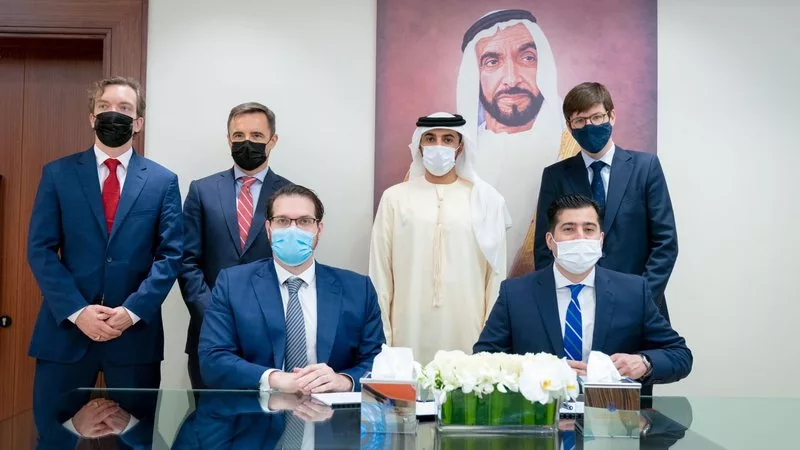

Business is all about overcoming obstacles and creating opportunities for growth. What do you see as THE real challenge right now?
The real challenge could be ensuring the successful completion of the detailed design phase and securing the necessary funding to move the project forward, especially considering the current situation in global financial markets. The current environment makes it more difficult to raise funding for capital-intensive, greenfield projects such as RAS. This involves managing relationships with lenders, investors, and technology partners while meeting regulatory requirements and market demands.
What does “success” in the year to come mean to you? It could be on a personal or business level, please share your vision.
Success in the coming year could mean completing the detailed design phase, securing the necessary funding for construction, and breaking ground on the inaugural facility. It could also involve further expanding the team’s expertise and network of partnerships to strengthen the company’s position in the market.
In your experience, what tends to be the most underestimated part of running a company? Can you share an example?
One underestimated part could be the complexity of managing partnerships with technology providers and contractors, ensuring that all parties are aligned with the company’s goals and timelines. Additionally, the importance of securing off-take contracts early in the development process may have been underestimated.
How do you maintain your personal resilience during tough times?
Personal resilience during tough times can be maintained by staying focused on the long-term vision and surrounding oneself with a supportive team. It’s also important to stay adaptable and open to new ideas and feedback, especially during periods of uncertainty.
What strategies do you use to manage stress and maintain focus during a crisis?
Strategies for managing stress and maintaining focus could include setting clear goals and priorities, delegating responsibilities effectively, and seeking support from mentors and advisors. It’s also important to stay organized and maintain a positive outlook, even when facing challenges.
How do you communicate with your team during a crisis?
Communication during the detailed design phase and fundraising process should be transparent, frequent, and focused on the progress and milestones achieved. It’s important to keep team members informed about the status of the project, listen to their concerns, and provide updates on how their work contributes to the overall success of the project.
What’s the most important lesson you’ve learned about leadership in times of crisis?
The most important lesson is that leadership in times of crisis requires resilience, adaptability, and empathy. It’s important to lead by example, inspire confidence in the team, and communicate effectively with stakeholders. Additionally, it’s crucial to stay focused on the long-term vision and remain agile in response to changing circumstances.


